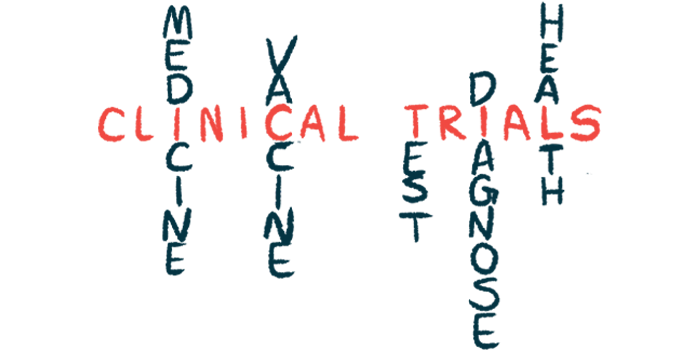ALS Association, myTomorrows team up to aid clinical trial access
Goal is to make it easier for ALS patients to find, participate in studies

The ALS Association is partnering with MyTomorrows, a global health technology company, to make it easier for people with amyotrophic lateral sclerosis (ALS) to find and participate in clinical trials, and to know about “pre-approval treatment options,” the company said in a press release.
The collaboration will allow the nonprofit to tap into the company’s database of ongoing clinical trials — granting treating physicians, patients, and families access to information about experimental treatment options in ALS and guiding them toward relevant studies.
“We look forward to witnessing the impact of our partnership with the ALS Association, one of the most effective and impactful patient advocacy groups in the United States,” said Michel van Harten, MD, myTomorrows’ CEO, who noted the “high unmet needs” of ALS patients.
“Partnering with leading patient advocacy groups such as the ALS Association will help an even larger cohort of ALS patients and their treating physicians discover clinical trials, thereby reducing the barriers they may face in accessing their treatment options,” van Harten added.
Collaboration to make use of myTomorrows digital platform
ALS is caused by the progressive dysfunction and death of motor neurons, the nerve cells that control voluntary movements. This results in progressive muscle weakness, with symptoms such as trouble walking, and difficulty speaking, swallowing, and breathing.
Because ALS has such a great impact on a person’s everyday life and typically progresses at a fast rate, searching for clinical trials that patients can get involved in is a particularly difficult task, according to myTomorrows.
The company offers a digital platform that connects pharmaceutical companies and trial sites with physicians and patients — conducting extensive searches of databases worldwide to provide up-to-date information on available experimental treatments and clinical trials.
Providing patient and clinician access to such information will be helpful for the pharmaceutical companies developing novel ALS therapies, according to myTomorrows, which noted that treatment developers commonly face struggles in patient recruitment.
The longer these trials take to enroll their target number of participants, the greater the delay in treatment development and the longer it will take to bring these treatments to the market, the company noted.
“myTomorrows explores each patient’s case individually, helping ALS patients and their loved ones identify and understand all of the available clinical trial options in a well-rounded manner, guided by expert patient navigators,” the release states.
The goal, according to the company, is to help patients and their physicians to be aware of treatment options and make informed decisions on the best treatment journey.
Research participation is so impactful to finding treatments and cures as well as reducing the harms of ALS.
The company also provides information on international expanded access programs, which allow patients who fail to qualify for clinical trials to in some cases get access to an investigational therapy.
Pam Knott, the ALS Association’s vice president of data and technology, said the nonprofit is “very excited about this new partnership.”
“Research participation is so impactful to finding treatments and cures as well as reducing the harms of ALS,” Knott said. She added that the collaboration is “an opportunity to allow more people with ALS to enroll in clinical trials faster while also reducing burden.”
The ALS Association serves more than 20,000 people living with ALS in the U.S. The nonprofit organization raises awareness of the disease, provides funding to support research and development of new treatments and clinical trials, and offers care services for both patients and caregivers.







